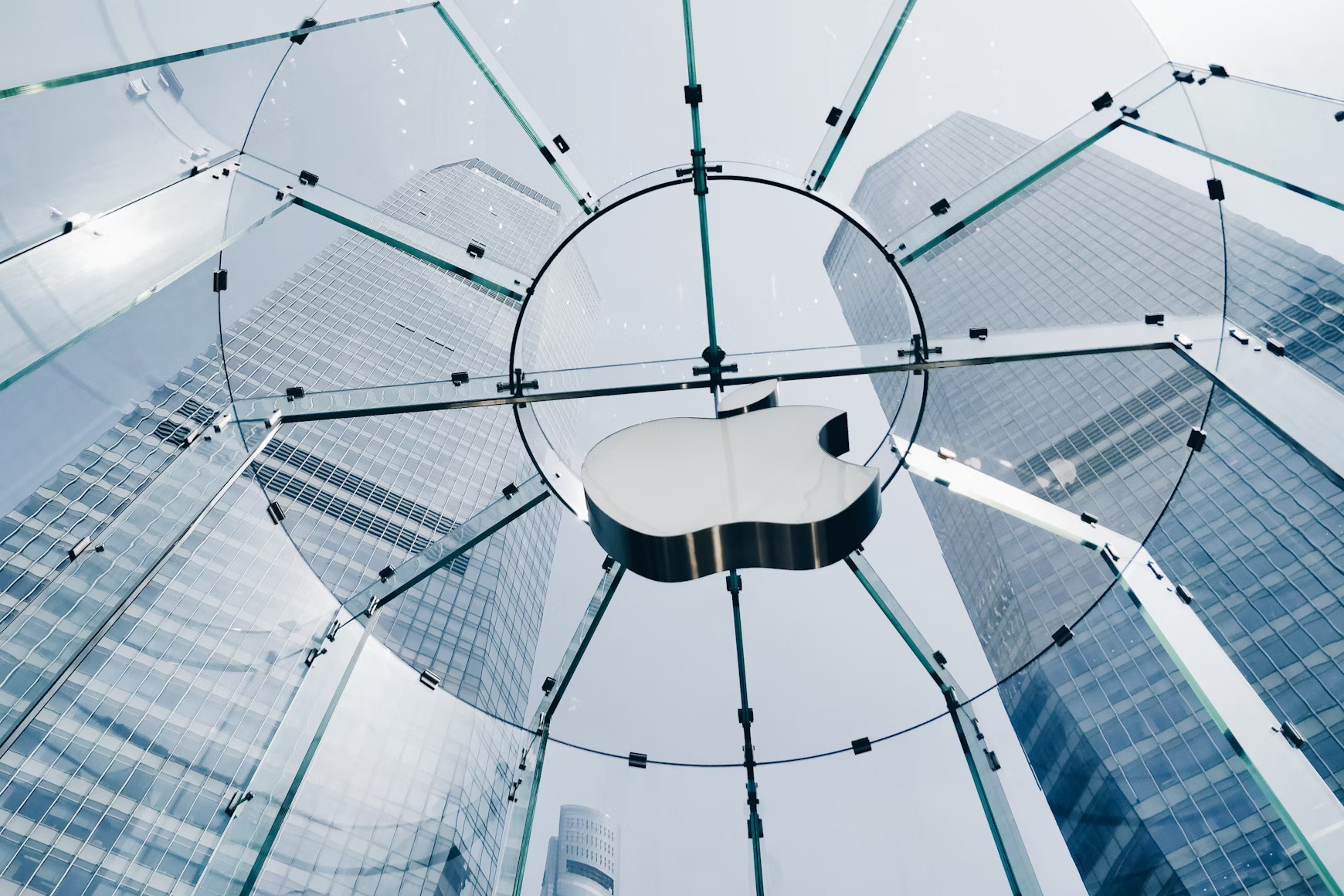
Apple CEO Tim Cook and President Donald Trump announced on Wednesday that Apple will invest an additional $100 billion in U.S. companies and suppliers over the next four years. This new pledge builds upon a previous $500 billion investment announced by Apple in February, bringing the total U.S. commitment to $600 billion.
President Trump highlighted this as Apple’s largest investment ever, noting the company’s past investments abroad but emphasizing its renewed focus on American manufacturing. Trump also predicted new U.S. factories would be built soon under his policies.
American Manufacturing Program and Partnerships
Apple revealed the launch of the “American Manufacturing Program,” involving partnerships with companies such as Corning, Coherent, GlobalWafers, Applied Materials, Texas Instruments, Samsung, GlobalFoundries, Amkor, and Broadcom.
The company committed $2.5 billion for a significant expansion of Corning’s facility in Kentucky, which produces glass for iPhones and Apple Watches. Moving forward, all glass for these devices will be manufactured domestically.
At the White House event, Cook presented Trump with a souvenir made from Corning glass. Additionally, Apple announced a multiyear supply agreement with Coherent for lasers used in the iPhone’s facial recognition system.
Apple’s U.S.-based supply chain is projected to produce over 19 billion chips this year, including those manufactured by TSMC in Arizona, GlobalWafers’ U.S.-made wafers, and chips from Texas Instruments. Apple also plans to collaborate with Texas Instruments to install new tools in factories in Utah and Texas.
GlobalFoundries, a U.S. foundry known for producing chips for government use, will manufacture wireless charging technology in New York for Apple. The company aims to establish an “end-to-end” supply chain, where every stage of chipmaking occurs within the United States.
Earlier this year, Apple also committed $500 million to a rare earths mining company and announced plans to build AI servers at a Texas factory.
Addressing Production and Tariff Challenges
Trump has criticized Apple for manufacturing iPhones overseas, but Cook emphasized the company already sources many parts from U.S. suppliers. He highlighted domestic production of semiconductors, glass, and Face ID modules.
Apple’s previous commitments include $350 billion over five years in 2018 and $430 billion over five years in 2021. The latest announcement brings the pace to $600 billion over four years, or about $125 billion annually.
Apple faces tariff challenges, paying duties on Chinese imports and expecting increased semiconductor tariffs after a Section 232 investigation. Trump announced plans for a 100% tariff on semiconductors but exempted Apple due to its U.S. investments.
To avoid tariffs, Apple has shifted assembly of most U.S.-sold phones to India, although rising Indian tariffs may have some impact. Apple estimates tariffs could cost the company $1.1 billion this quarter.
Apple is also expanding data centers in North Carolina, Iowa, Nevada, and Oregon, fulfilling prior commitments from 2018 and 2021.
Author’s Opinion
Apple’s massive U.S. investment signals a serious commitment to domestic manufacturing and supply chain resilience. However, producing complex devices like iPhones entirely in the U.S. remains a major logistical and economic challenge. The reality is that many components require specialized global supply chains. Apple’s strategy of ramping up U.S. production where feasible, while maintaining overseas operations, strikes a pragmatic balance in today’s geopolitical and economic landscape.
Featured image credit: Stephen L via Unsplash
For more stories like it, click the +Follow button at the top of this page to follow us.
